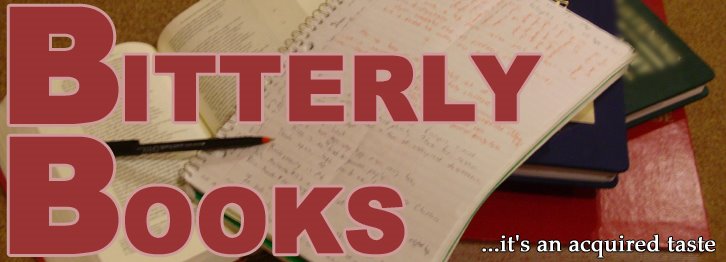You can read past chapter synopses here. Past reviews can be read here, and Viator's columns can be read here.
Ok, I’ve honestly tried to put a religious-hermeneutic gloss on this chapter and I can’t. I’m going to discuss this chapter as 1) a political consultant and 2) an honestly sympathetic reviewer.
Let’s set aside the improbable Wal-Mart meeting or the dullard Sun God festival or even the frankly routine rally of lunatics at the White House. I want to talk about one eye-opening passage:
Bill Hillsman. The maverick. With a touch of mad genius. The one who wants 2.5 million campaigns. Him.
Bill Hillsman? Bill motherfucking look at me I filmed Jesse Ventura naked Hillsman?
Really, Nader? Your number one hero blows off two professors and another two hapless organizers for an ad man.
This is how idealists take over the world. With "mad genius" ads.
There are two things going on here. One is more of a curiosity. It’s the ultimate extension of cognitive dissonance to say that the two party system/corporate interests/Walton family keeps winning because they are better at spin. And moreover spin matters because facts don’t matter. As Ted Turner noted, “the best way to confront lies was not with the truth.” (51) Karl Rove is a genius, and the one thing we need to do is pull the wool over everyone’s eyes. It’s a trick, nay, magic. Once we have that we can finally put everything right.
That may sound insane and megalomaniacal. It’s also incredibly sad, because Nader lays out plainly its end result: falling for snake oil salesmen. Bill Hillsman, you see, is not only real but is probably the only character with verbatim quotes taken from real life. Just look at his sales pitch:
“All I do is win trophies from my peer group of much wealthier East and West Coast political consultants and advertisers, who hate my guts for what I keep saying about them, that they’re dull and unimaginative. Why do I win these trophies? Because my ads are designed to be so eye-opening or controversial that they produce reams of free news coverage, which tremendously multiplies the number of eyeballs that see them. It gets people talking, and word spreads along the grapevine. Result? My candidates, often unknown and not all that well-funded, either win or do much better than expected.” (163)
2006? More like 2000. I can just see Nader’s eyes lighting up, hanging on every word Hillsman fed him, thumping his chest and bragging about his endless string of pollies. (The annual reward by the American Association of Political Consultants, a group that exists literally so Democratic consultants can tell each other how smart they are.)
Nader assures us Buffett isn’t going to buy the Brooklyn Bridge, though, as he says, “This guy seems too good to be true. We have to find out if he isn’t.” (165) We know how the background checks will turn out, though: Hillsman keeps his real name, which is a privilege reserved for the good guys in this book. But more importantly, that’s what happens when you start thinking the process is magic: you get rolled by guys like Bill Hillsman.







No comments:
Post a Comment